We know that probiotics can do many amazing things ranging from helping with weight loss to treating acne and more.
But do all of these benefits come without a cost?
It turns out that some people may be sensitive to certain probiotic species and may react negatively if they are used improperly.
You can prevent these side effects by taking certain steps which I’ve outlined in this guide.
Taking these steps will allow you to take full advantage of all of the positive probiotic side effects while avoiding all of the negative ones.
Let’s jump in:
Can Probiotics be Harmful?
Whether you realize it or not your gut is home to hundreds of different types of bacteria that all work together to create “you”.
Collectively this mass of bacteria is known as the microbiome.
Small changes to certain key bacterial species and concentration (1) can result in big symptoms ranging from weight gain to mood changes like depression.
This connection between gut bacteria and multiple systems in your body is well known (2) and has been studied intensely by scientists.

Recently we’ve been able to harness the power of probiotics and encapsulate certain bacterial species and mass produce probiotics to help fight and prevent disease.
This has led to an explosion in probiotic use over time.
But like any therapy, just because it works for some people doesn’t necessarily mean it will work for EVERYONE.
In fact, some conditions may actually be worsened by using probiotics (we will talk more about this below).
But there is some good news:
The majority of negative symptoms related to taking probiotics can easily be managed by either changing to a different probiotic or by making a small change like taking your probiotic with a meal.
Side effects usually come from low-quality probiotics or due to one of the following reasons:
- Low-quality probiotics with unstudied bacterial species and strains
- Using cheap probiotics that contain fillers or binders
- Taking your probiotic on an empty stomach
- A negative reaction to prebiotics that has been included in the probiotic formulation (prebiotics act as food for the bacteria in your gut)
- Consuming probiotics that have not been temperature-controlled or climate-controlled (certain bacterial species MUST be refrigerated or they will die)
Very few people have true negative reactions to probiotics.
But, because negative side effects can occur let’s talk about what to do if you experience them…
Negative Side Effects of Probiotics
The negative side effects of probiotics usually originate in the gastrointestinal tract.
You can find the most common list of probiotic side effects including what to do about them here:
- Nausea -> This is usually caused by the production of stomach acid related to taking your probiotics. To reduce the incidence of nausea simply take your probiotics with a meal.
- Constipation -> Occasionally certain bacterial species (like lactobacilli species) may actually worsen constipation. This is felt to occur in patients who have a condition known as SIBO.
- Abdominal pain -> If you experience abdominal pain after taking probiotics it is most likely related to gas or bloating (outlined below). Occasionally you might experience some abdominal pain or cramping due to an increase in stomach acid as well which causes “indigestion”.
- *Increased gas or bloating -> Certain probiotics (lactobacilli species) may cause gas and bloating in patients who have existing small intestinal bacterial overgrowth. This symptom is related to the production of gas from existing bacteria in your gut. SIBO is a fairly common condition and may account for the majority of negative side effects related to taking certain probiotics. If you have SIBO you can avoid these symptoms by taking a soil-based organism.
- Rashes, itching, or hives -> Usually related to poor quality ingredients, inactive binders, or due to the specific formulation of the probiotic (not the bacteria inside the probiotic). This symptom usually fades when you switch to high-quality probiotics that don’t contain low-quality fillers/binders.
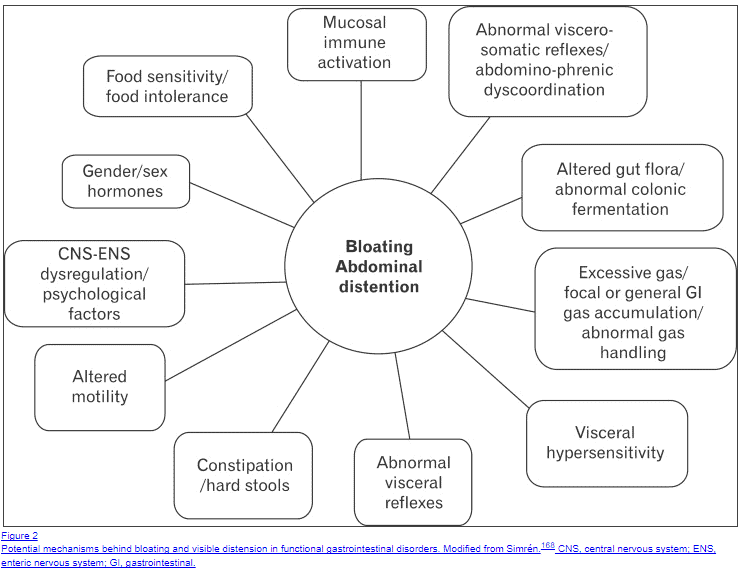
Most of the symptoms above, with the exception of gas and bloating, usually go away over time.
While some people may experience negative side effects from taking probiotics it’s important to also focus on the positive side effects of probiotics – which is why most people take them to begin with!
Special consideration should be given to people with non-existent immune systems or immune function:
There is a theoretical risk of causing infection by using probiotics if you have a severely weakened immune system.
This designation is usually referred to people who are on constant oral steroids (prednisone) or patients on chemotherapy.
Patients with autoimmune diseases generally do NOT fall into this category and usually find significant benefits from using probiotics due to their immune-boosting effect (3).
Positive Side Effects of Probiotics
People take probiotics because they want to experience some positive benefit or outcome.
It’s important to focus on these well-documented and very helpful benefits.
Realistically, if you are using high-quality probiotics the chance that you will experience negative side effects is very low.
Below you will find a list of the most common positive side effects that are seen while taking probiotics and why you may experience them:
- Normalization of bowel movements -> Studies have shown that probiotics have been shown to both reduce diarrhea and reduce constipation (4). This normalization occurs based on what symptom you are currently experiencing.
- Reduction in acid reflux -> Certain populations of bacteria slow down intestinal motility and reduce gastric emptying. This combination sets the stage for acid reflux as your stomach fills with acid over time. Taking probiotics helps reduce the overgrowth of negative bacteria (5) that contribute to this slowing down of the GI tract.
- Improves absorption of nutrients and vitamins -> Probiotics help digest and break down food products which improves intestinal absorption (6). Probiotics can also reduce intestinal permeability (leaky gut).
- Improves mood (decreases depression) -> Probiotics have been shown in studies to help directly treat depression and increase the neurotransmitter serotonin (7).
- Helps with weight loss -> Taking probiotics helps reduce insulin resistance and may help increase your metabolism.
- Reduction in gas and bloating -> Certain probiotics have been shown to help treat both SIBO and IBS both of which may cause severe gas and bloating.
- Increases immune function -> Probiotic components help regulate host immune response (8) and have been shown to be helpful in multiple autoimmune conditions (9).
- Reduces inflammation -> Probiotics help reduce both systemic and local inflammation.
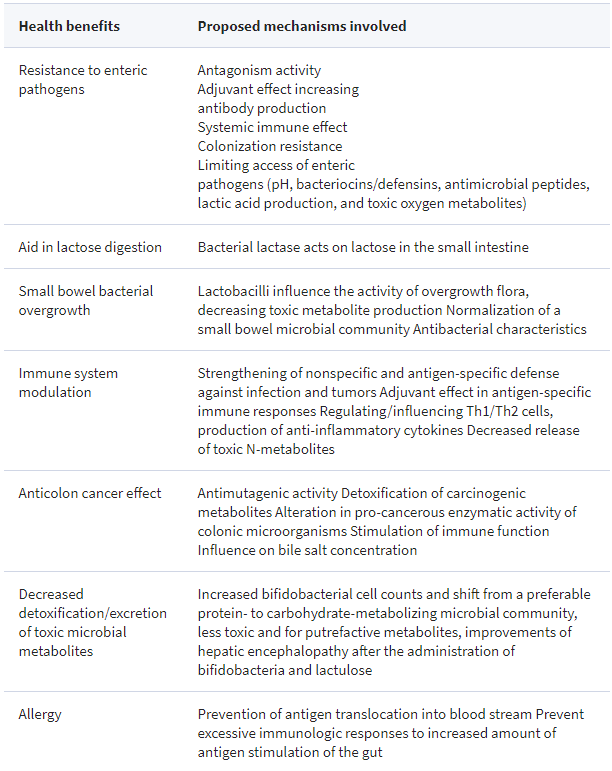
Certain species of probiotics such as bifidobacterium tend to provide many of the benefits listed above.
To get these benefits you will want to make sure that you use a high-quality probiotic that contains multiple species and strains at a high enough CFU count.
You can find more information on how to pick out the best probiotic for your body here.
5 Tips to Reduce and Eliminate the Negative Side Effects of Probiotics
If you’re one of the few people who has experienced negative side effects while taking probiotics then use these rules to help prevent side effects.
By following these rules you should be able to take advantage of the benefits of probiotics without experiencing negative side effects.
#1. Always use High-Quality Probiotics
Remember that quality matters quite a bit when using probiotics.
Certain strains of probiotics have been studied more than others indicating that they are more helpful for certain conditions.
Creating and packaging these specific strains can be expensive.
In addition, it’s often cheaper to create supplements if you use inactive binders and fillers to “occupy space”.
The unfortunate problem is that many people with gastrointestinal issues tend to react to these binders and fillers.
To avoid these issues you will want to purchase probiotics that do NOT contain inactive fillers, binders, wheat, gluten, dairy, artificial colors, artificial sweeteners, or artificial preservatives.
And lastly, you will want to make sure that your probiotics are formulated with a high CFU concentration at the time of manufacturing.
You can see an example of what I’m talking about here.
#2. Take Probiotics both with and without meals
Probiotics can and should be taken both with meals and in between meals.
If you are having issues taking probiotics then switch to taking them with meals.
If you are having issues taking probiotics with meals then you can switch to taking them in between meals.
Each person is slightly different which means that you will have slightly more or less stomach acid compared to your neighbor.
Small changes such as this may cause you to react differently to probiotics when you take them.
#3. Take your probiotics with enzymes
To further reduce the chance of negative side effects you can consider taking enzymes with your probiotics.
Enzymes work synergistically with probiotics and may help to reduce stomach acid production and reduce nausea.
Enzymes help break down foods and nutrients, increase absorption, and take some of the demand off of your pancreas which naturally produces pancreatic enzymes.
#4. Consider lowering your Probiotic dose or frequency
Sometimes taking probiotics may be necessary and helpful but certain sensitive people may need to “ease” their way into using them.
If you are a VERY sensitive person (meaning you react to medications, vitamins, or supplements) you might find more benefit in reducing your dose or taking your probiotics every other or every third day.
Remember that probiotics act by helping to change the existing microbiome of your intestines.
While changing your microbiome may be helpful it also may take time to adapt to new changes.
Allow time for these changes by reducing how often you take probiotics or by reducing the concentration/dose of your probiotics.
#5. Make sure your probiotics are temperature/climate-controlled
Lastly, you will want to make sure that whatever probiotic you decide to use is properly packaged.
Certain probiotic species require specific temperatures for survival.
If your probiotics contain these species and they are shipped without ice packs then the bacteria may be damaged in transit and cause issues.
Note that not all probiotics require temperature control.
I recommend that you find probiotics that are packaged safely to prevent light, moisture, and heat from damaging your probiotics before you even consume them.
Final Thoughts
Taking probiotics may be one of the most helpful things you can do for your body and your health.
Just because probiotics can be helpful doesn’t mean they come without side effects.
Luckily, many of these side effects can be avoided by using your probiotics correctly and by purchasing high-quality probiotics.
The only main side effect you want to watch out for is increased gas or bloating while taking probiotics.
The presence of these symptoms may indicate that you have an underlying condition known as small intestinal bacterial overgrowth.
Now I want to hear from you:
Have you experienced any negative symptoms while taking probiotics?
If so, what do you think caused the problem?
Leave your comments below!
Scientific References
#1. https://www.ncbi.nlm.nih.gov/pmc/articles/PMC4290017/
#2. https://www.ncbi.nlm.nih.gov/pmc/articles/PMC3418802/
#3. https://www.ncbi.nlm.nih.gov/pmc/articles/PMC4006993/
#4. https://www.ncbi.nlm.nih.gov/pubmed/26447963
#5. https://www.ncbi.nlm.nih.gov/pmc/articles/PMC3602471/
#6. https://www.ncbi.nlm.nih.gov/pmc/articles/PMC3920759/
#7. https://www.ncbi.nlm.nih.gov/pmc/articles/PMC4367209/
#8. https://www.ncbi.nlm.nih.gov/pmc/articles/PMC4006993/
#9. https://www.ncbi.nlm.nih.gov/pubmed/24180407
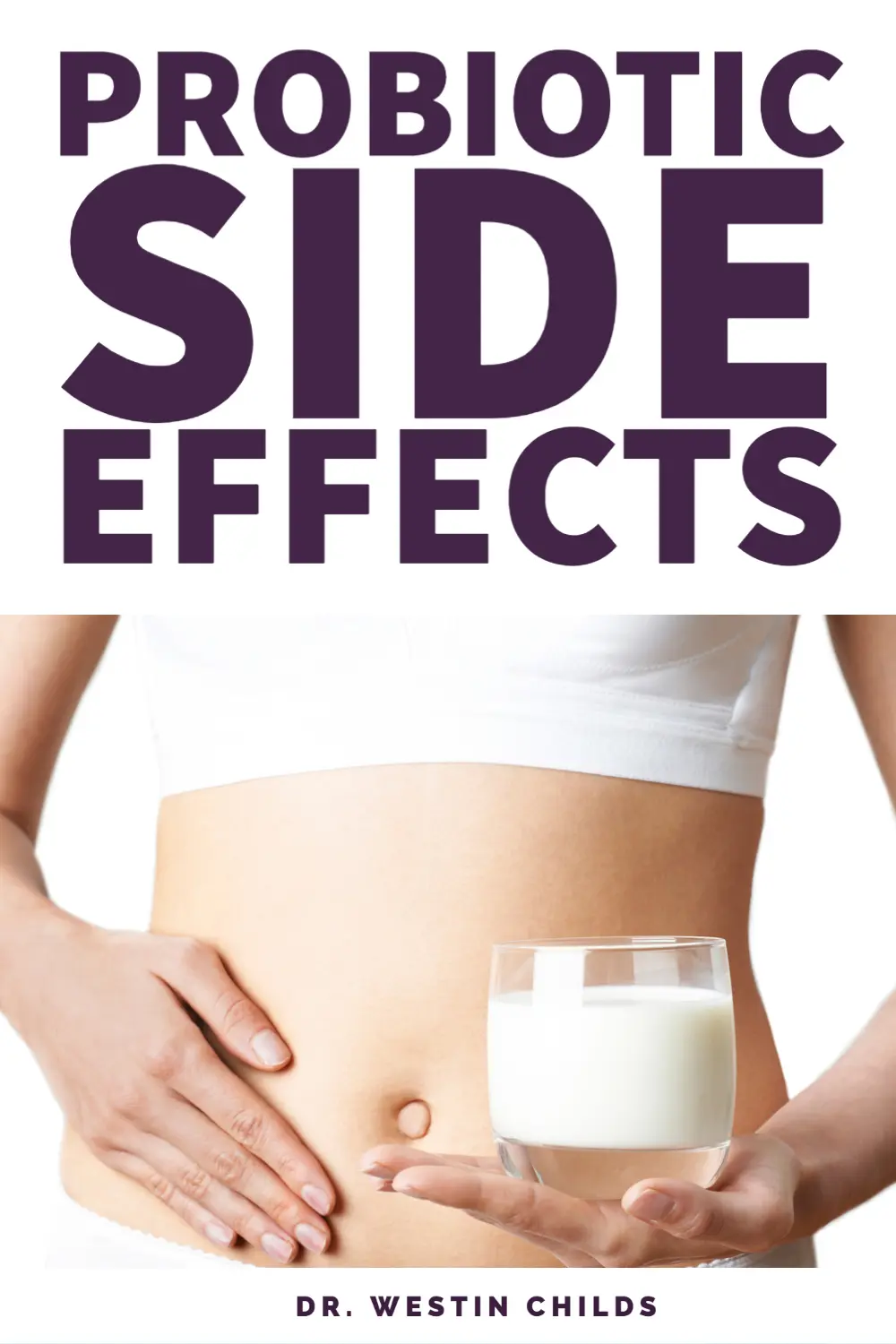

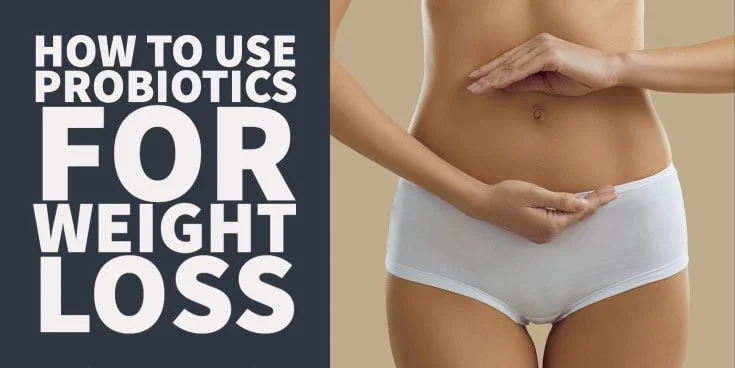
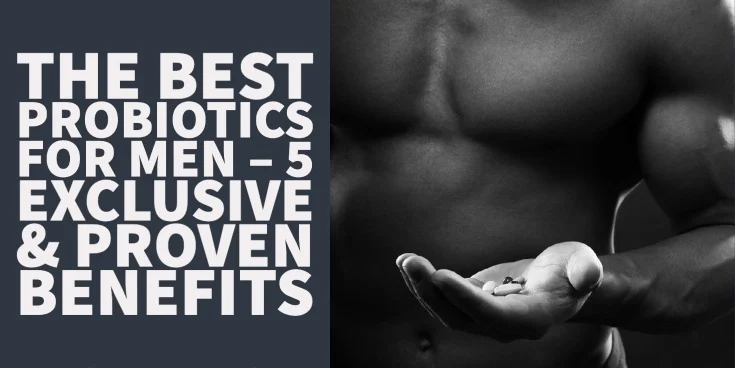

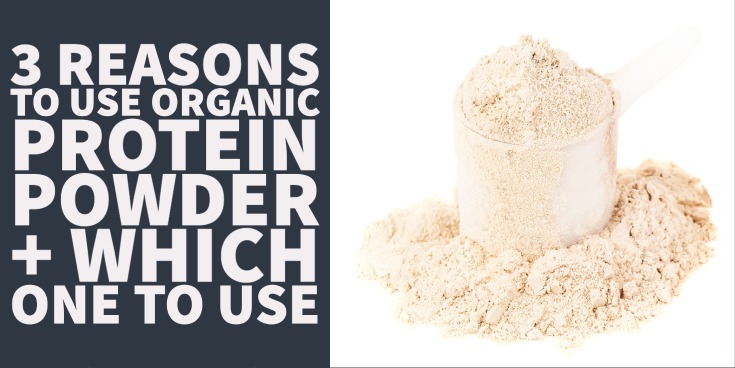
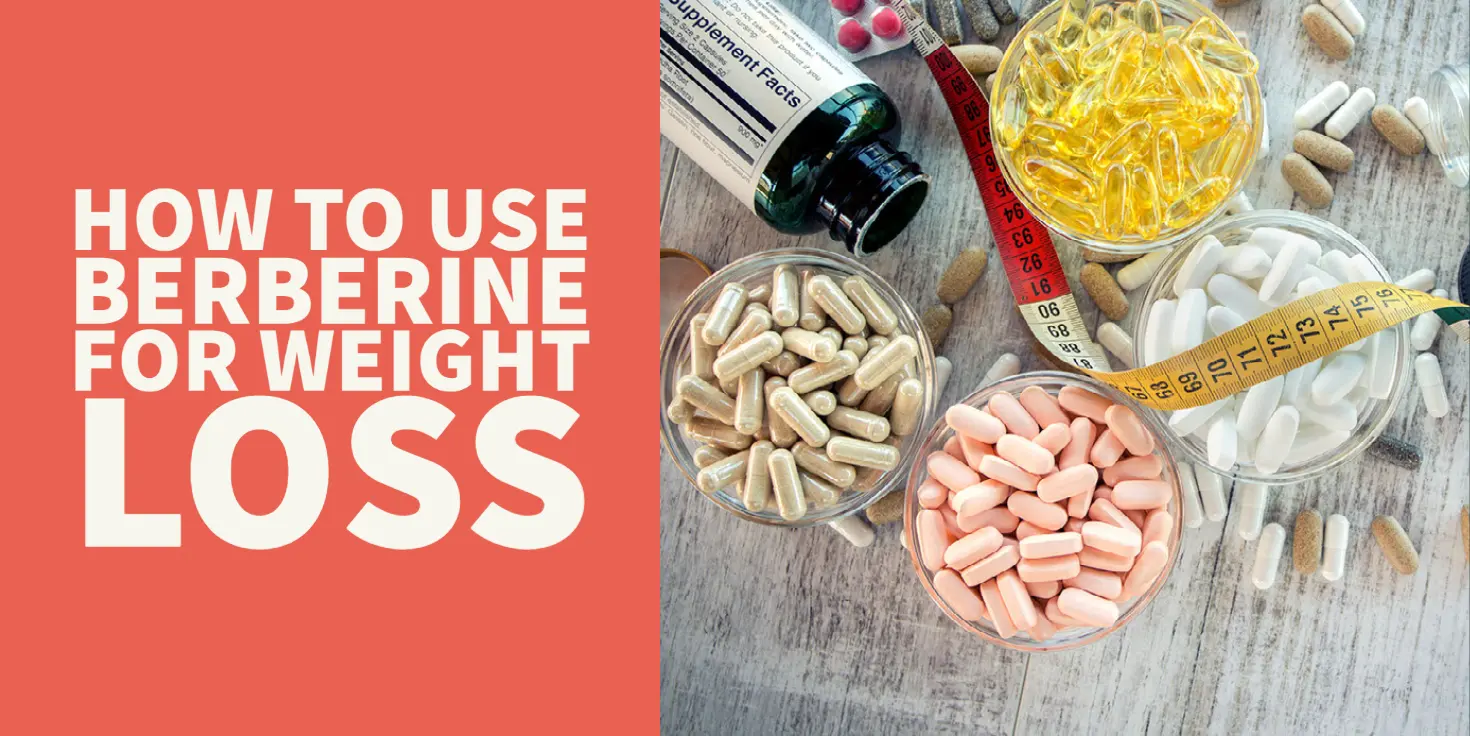
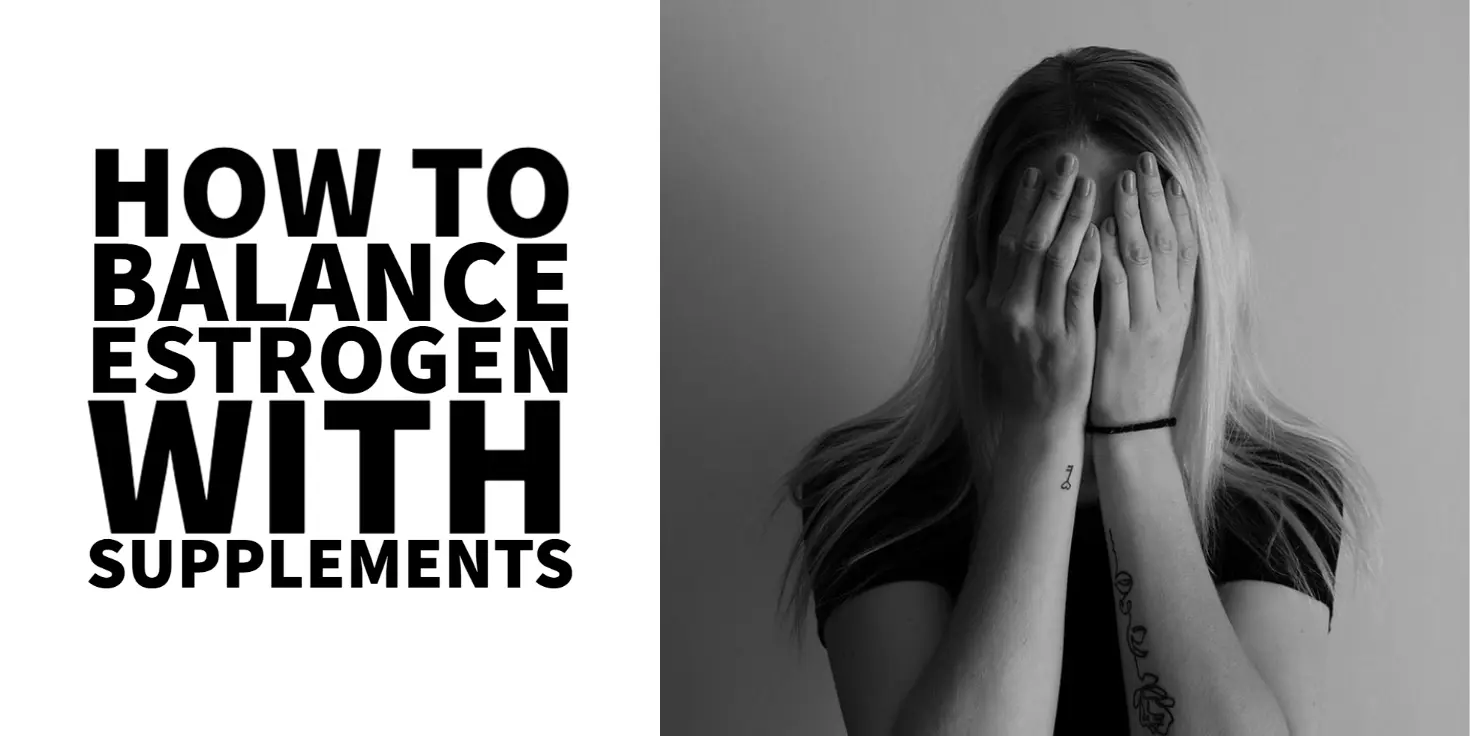

Dear Dr Childs ,
Thank you for all the really beneficial information that you share constantly with us. I am a nutritional consultant and I would like to share with you something I learned while studying in India and have used successfully with my clients to overcome the side effects of some probiotics in sensitive individuals . The herbal product will eliminate the overgrowth of bacteria and provide the ideal environment for the propagation of the good bacteria. It is not a prebiotic but seeks to create a friendly environment for the good bacteria to be able to sustain its presence in the gut. Please let me know if this is something you will be interested in and I will be more than happy to provide you with more information. Thank you again for all the great work .
Hi Issa,
No problem! Sure you can send over information and any relevant clinical studies and I can take a look at it.
I’m sensitive
Reacting to probiotics
Can you tell me what this herbal product is?
Please
Thank You!
I missed work today because of abdominal pain. It’s been a week since starting Garden of Life Fit Raw Protein. What can I take to minimize the pain? I’m scared to eat anything and only drink water for fear the pain will get worse. Stop the ‘Fit’ as of today.
Hi Rose,
Many things can cause abdominal pain, including diseases that are unrelated to your probiotic. If you have any question as to the source of the pain you should seek medical attention.
If it is related to your probiotic then it should stop very soon after you discontinue using it (within 1 day typically).
I feel Nausea all the time. I have changed the brand of my probiotics and wonder if this is it, or is it the toxins? I take with food.
I wish more health practitioners would mention to folks that probiotics are not the solution to digestive issues. While taking a good quality probiotic which was recommended to me, I gained at least 10 lbs. without changing my diet. Not good, as I am overweight and was trying to lose some pounds. I mainly took the probiotic to help with irritable bowel, but, while it did help with this, and with constipation, the weight gain I developed is not acceptable. More people need to know about the side effects of probiotics and why they might not always be a solution for digestive issues.
I think probiotic prebiotic blend caused gout like symptoms in my big toe.
Hi Gardner,
Very interesting. I have never seen that before, but each person responds differently. Thanks for sharing!
Started taking probiotics 1 month ago. Since then have gained 10 pounds, very “gasy” and noticed abdominal bloating. Really didn’t have any specific issues prior to starting probiotics just thought from what I read it would be a good thing to add to my supplements. WRONG. Much of the advice written online is profit motivated. Have learned we are all very unique, one size does not fit all and most of all if it ain’t broke don’t fix it.
Thanks for the article on Probiotics. Would this risk of infection from probiotics be likely in someone like me who has COPD and have been on a maintenance dose of 10mg prednisone a day for the last 5 months. Frequent Antibiotic use for respiratory infections have really messed up my intestines and I constantly keep yeast infections. I appreciate your time and advice. Dale
Hi Dale,
Probably not, but you would definitely want to touch base with your pulmonologist before using them.
I’ve been taking Garden of Life Raw Probiotics for Women 85 Billion CFU for over a month with no side effects until recently. It says to take 3 capsules daily but I only take 1 to 2 capsules daily usually after my evening meal and they have helped with my acid reflux, gas and bloating, and other IBS systems. I absolutely love this product and how it makes me feel but the last week I’ve suffered from a stomach upset and diarrhea and I’m concerned that the medicine may be the cause. Like I said before I experienced no side effects at all for the first month until recently. I don’t want to give up on this probiotic but something has to give with the stomach upset and mild diarrhea. I also take donnatol and Nexium daily. Please, any advice is greatly appreciated.
Hi Amanda,
It would be very unusual for your probiotic to suddenly start causing issues if you were using it daily for a month without any issues. I would look into other causes first!
I’m taking Pro45 since I have diverticulitis and I’m not sure if the pills are making me nauseous? I thought they’re supposed to help belly issues.
Hi Gabrielle,
Diverticulitis is a different animal compared to things like irritable bowel syndrome. Probiotics may or may not help depending on the severity.
Thanks for your response. My gastro doctor recommended vsl-3 probiotics to aid in diverticulitis but there were too many “issues” online and Amazon gave a GREAT review for Pro-45 saying it helped with diverticulitis, IBS etc. but IDK if the nausea is from the probiotic because my diverticulitis has cleared up.
I have taken 2 x 30 billion multi-strain probiotic tablets [one on Tuesday and one on Wednesday evening] and have been going to the loo 3+ times a day [lots of loose undigested matter, which, however, doesn’t leave any marks in the loo!]. My stomach has been growling at me every time I put something in my stomach – could this be related?
I kind of wonder why I even had the big idea to take these – I follow a very high fiber whole food plant-based diet as it was…
How many probiotics and what brands would you recommend for someone with Interstitial Cystitis? I’m a 28-year old male and though there isn’t much researched about the effects of them on men with Cystitis there are with women and they have been beneficial. Can you please name the best brands for healing Interstitial Cystitis gut/inflammation of the bladder/constipation/obstructive urine stream from possible candida overgrowth. Thanks in advance.
Hi Joseph,
I’m not really familiar with using probiotics in men for interstitial cystitis so I can’t say for sure. I would probably start out with high dose bifidobacteria/lactobacillus and see what kind of improvement (if any) you can get.
I took one capsule of PB 8 two days in a row and became dizzy…..I did not take any yesterday, still feel a little dizzy……should I stop taking these?
I’m 54 and my daughter is 17. We took 100 billion cfu probiotic for less than two weeks in early October. We initially had yeast and UTI symptoms which have diminished, but we both still urinate slit snd our tribe looks like it has small particles in it. We are still urinating a lot of dark urine. It’s been 2 months without any probiotics. Will this go away?
I have recently been using an 8 strain probiotic, the brand being Jarrod. They are in bubble packs and if kept at room temperature are supposed to make it to the colon without dispersing in the small intestines. In any case, I’m having a lot of muscle stiffness and aches since I started taking it. It is only 5 billion cfu per capsule and I only take one daily or every other day. Have you ever heard of anyone having this type of side effect from a probiotic?
Hello,after dinner I take several medications in which I use pro-biotic yogurt to swallow them.lately I have been feeling extremely nauseated about 2 hours later.I can not think of any reason for this .my meds I have been taking for 10 years now.Could it be the yogurt?
I have been taking 100 CFUs for about 2 weeks, but purchased a Walgreens version of 5 billion and they were CFU so I purchased the above. And I also take Sea Moss Mango flavor that I purchased with the100 CFUs. I am now discharging yellow discharge, but it isn’t a bad odor at all. This happened slightly last night and again tonight. Can you tell me what’s going on?
Hi Linda,
Is it possible that you are getting sick?
At first, can probiotic capsules cause very dark brown stools?
Hi Karen,
I wouldn’t say that’s a particularly common side effect but it’s possible.
I recently started (4 days) taking a product called “Silver Lining” which is a pre & pro biotic supplement as well as digestive enzyme. I take one capsule twice a day with a food/meal intake that has protein.
Nausea & bloating is constant & I noted that within the product is an ingredient listed as 90 mg of Whey. I am lactose intolerant and wonder if this component is the culprit?
I also take GutFX as a focused treatment to help remedy a leaky gut issue. I am quite tolerant with this as I have done this for a month. I have also been diagnosed with Lyme disease (finally after 8 years) and I am using Rife frequency healing with the care of a holistic practitioner. This is going well. I cannot take antibiotics for this as they make me quite ill. My gut health is a primary focus of this healing while the frequency treatments are eradicating the Lyme bacteria.
Perhaps I need a probiotic without whey in it? Could you please reply to my email.
How do you feel about the use of spore-based probiotics like MegaSporeBiotic or something of the like? Also can you cycle on / off with probiotics to ensure efficacy. I have been on a spore based probiotic for almost a year (daily) and while I have a sensitive system I’m not sure its doing much for me anymore. Do you suggest taking a break / cycling a few days off / on or taking a different strain once you’ve become used to one? Thanks.
Hi Alanna,
Soil-based probiotics are a solid option for many people. It’s also always a good idea to vary the type of probiotics you are taking every now and then so if whatever you are using is no longer working then trying something different would be very reasonable.
I have been suffering diarreah for about 5months now every 2 to 4 days,I started the Garden of Life probiotics around 9 weeks ago but I’m still having the same issue,also now getting stomach pain…please could you tell me if this is a symptom of the probiotic now working or could it be something else?
Have your stool checked for intestinal infections: Clostridium Difficile, amoebas etc. Recurrent diarrhea should not be ignored – you may need antibiotics. Meanwhile stop the probiotic since it exacerbates your condition.